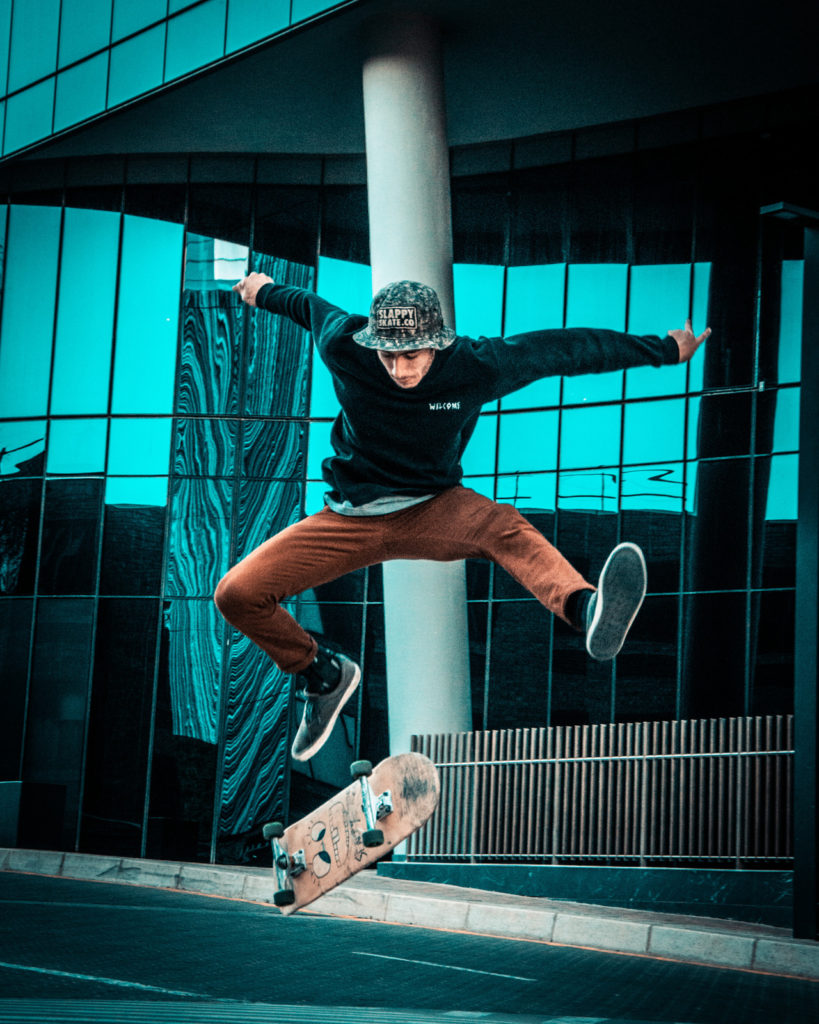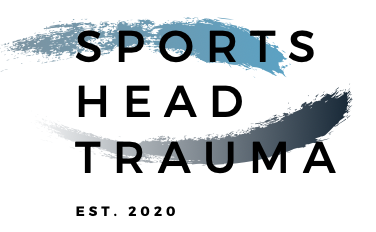
Andy Anderson is one of the most talented professional skateboarders today. He is known for reinventing old skating techniques and creating unique freestyle tricks both on the streets and in skateparks, all while wearing a helmet. Anderson has had to turn down sponsors who have wanted him to take off his helmet while riding.
There is a lot of pressure from the skating community to not wear helmets because it isn’t “cool.” I am excited to see the impact Andy Anderson will have on a new generation of skateboarders, and how his influence will change their opinions about wearing helmets. It takes someone who is confident and strong willed to make that first step, and he simply refuses to skate without it.
“Skateboarders don’t like helmets and they don’t like people who wear helmets. I get rejected photos in magazines all the time because it’s not as cool… it doesn’t fit their look…their image.”– Andy Anderson
https://www.youtube.com/watch?time_continue=65&v=YhyL_ToOPwM&feature=emb_title
It is up to each individual whether or not they want to wear a helmet, but if you are grinding a ramp or jumping stairs and you fall, there is a likelihood that you can hit your head quite hard. Choosing not to wear a helmet is completely your choice, but in my opinion, it is important to then understand the possible consequences of falling and seriously injuring your head!
If you would like to check out Andy Anderson’s signature helmet click the link below!
https://brailleskateboarding.com/product/mind-control-helmet/
Disclaimer: The information provided by Sports Head Trauma is solely for educational purposes and raising awareness of mTBI & TBI. Sports Head Trauma does not provide medical advice, and the information from this website should not be used to diagnose, manage, or treat a head injury. If you have sustained a head injury or think you have a concussion, seek medical help immediately. If you need medical advice, diagnosis, or treatment information, please talk to a healthcare professional or a physician. This website is not meant to create a physician-patient relationship, or any type of confidential relationship. The information provided by Sports Head Trauma should not be substituted for medical advice, diagnosis, or treatment information from a healthcare provider, as the sole purpose of the website is for informational purposes. In the event of an emergency, always speak to a medical professional or call 911.
